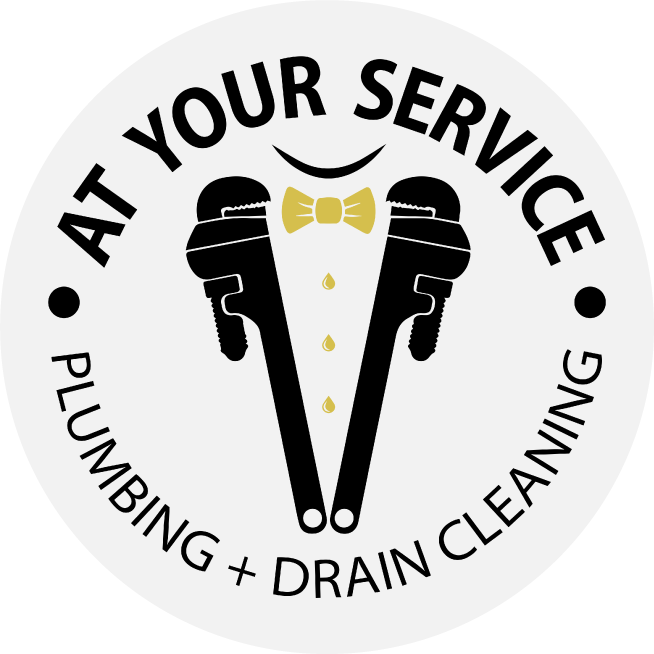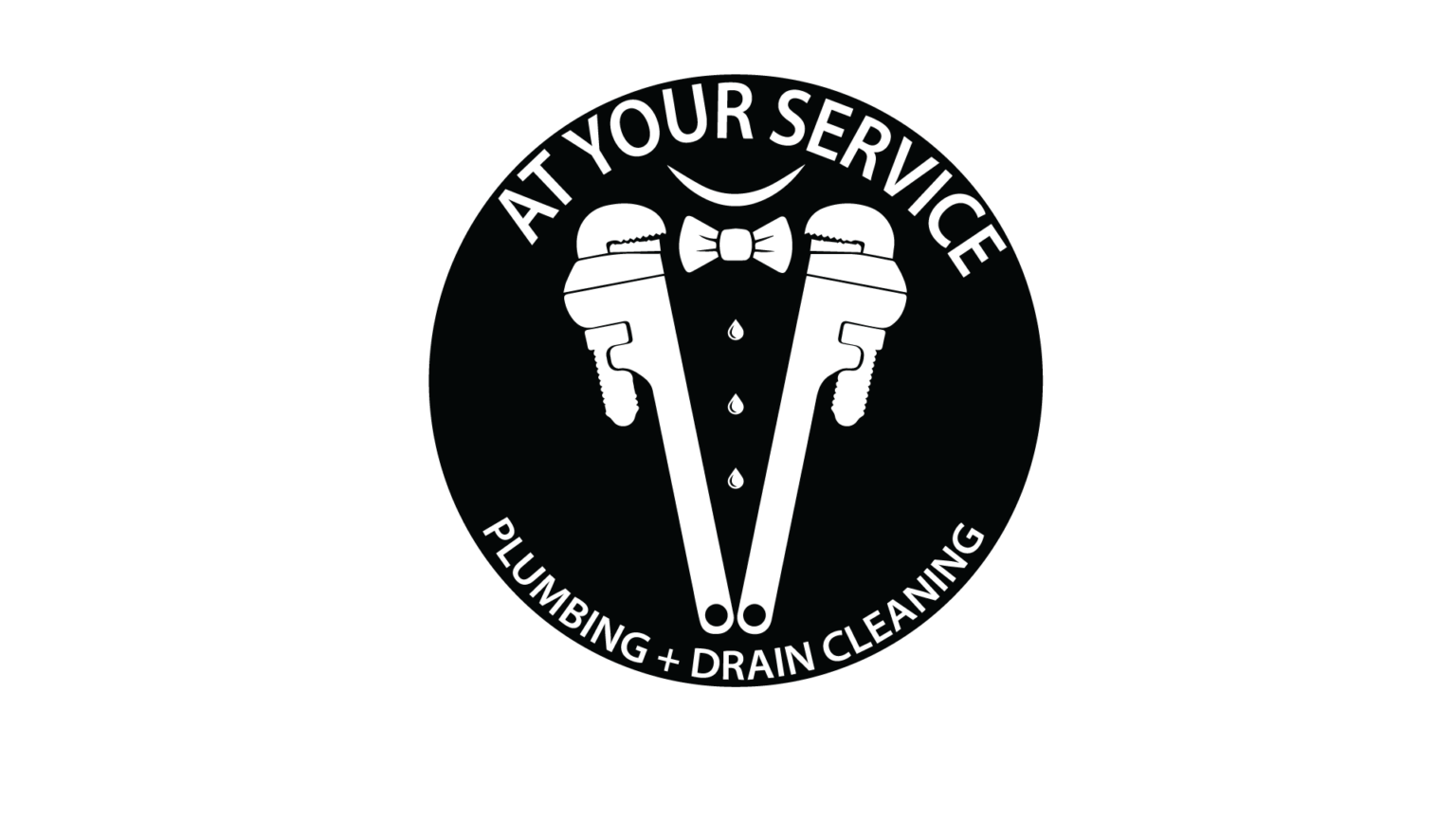
Dealing with clogged drains is a common but frustrating problem for homeowners, often requiring quick fixes or, in more severe cases, professional intervention. Whether it’s a slow-draining sink, a backed-up shower, or a toilet that won’t flush properly, clogs can disrupt your daily routine and, if left unchecked, lead to costly repairs. The good news is that most clogs are preventable if you understand their causes and implement simple preventive measures.
In this article, we’ll explore the most common causes of drain clogs and the steps homeowners can take to keep their plumbing systems free-flowing. For those tough, stubborn clogs that won’t clear easily, services like drain cleaning and hydro jetting are effective professional solutions that can help restore proper function to your drains.
Common Causes of Drain Clogs
Drain clogs typically occur when substances build up inside your pipes, obstructing the flow of water. Over time, these blockages can lead to slow drainage or complete backups. While each area of your home may experience different types of clogs, several culprits commonly cause issues across all drains.
Hair is one of the leading causes of drain clogs, especially in bathroom sinks, tubs, and shower drains. As hair accumulates, it can bind with soap residue and other particles to form a dense, sticky mass that prevents water from flowing freely.
To prevent hair clogs, use drain covers or strainers to catch loose hair before it enters the drain. Regularly clean the cover or strainer to prevent hair buildup. For showers and bathtubs, consider brushing your hair before bathing to minimize shedding.
Grease and oil are particularly problematic in kitchen sinks. When hot grease or oil is poured down the drain, it may seem harmless, but as these substances cool, they solidify and cling to the inside of your pipes. Over time, this layer of grease builds up, narrowing the pipe and restricting water flow.
Never pour grease, fats, or oils down the drain. Instead, let these substances cool and dispose of them in the trash. Wipe greasy pans with a paper towel before washing them in the sink to reduce the amount of grease entering the drain.
Food particles can also clog your kitchen drain, despite the use of a garbage disposal. Certain foods, such as coffee grounds, eggshells, pasta, and fibrous vegetables (like celery), can still cause blockages. These materials either expand or become stuck in your pipes, leading to stubborn clogs.
Always use a sink strainer to catch food particles before they enter the drain. Be mindful of what you put into the garbage disposal, and run plenty of water while using it to ensure that food waste is fully flushed through the system.
Soap scum forms when the oils in soap combine with minerals in hard water, leaving behind a chalky residue. Over time, this residue accumulates in your pipes, leading to clogs in bathroom sinks, showers, and bathtubs.
To minimize soap scum clogs, switch to liquid soap, which is less likely to form scum compared to bar soap. You can also install a water softener to reduce the mineral content in your water, minimizing soap scum buildup.
Toilets often become clogged when non-flushable items like paper towels, wet wipes, and feminine hygiene products are flushed. Even so-called “flushable” wipes can cause clogs, as they don’t break down as easily as toilet paper.
Only flush toilet paper and human waste. Dispose of other items, such as wipes and sanitary products, in the trash. Keep a wastebasket in the bathroom as a convenient reminder for guests and family members to avoid flushing non-flushable items.
Preventive Steps Homeowners Can Take
Preventing clogs requires a proactive approach and a bit of routine maintenance. By following these tips, you can reduce the risk of clogs and ensure your plumbing system runs smoothly.
Drain screens or strainers are simple yet effective tools that prevent debris like hair, food particles, and soap scum from entering your pipes. Install these in your kitchen sink, bathroom sink, shower, and bathtub drains. Be sure to clean the screens regularly to prevent buildup.
A regular flushing routine can help dissolve minor grease buildup in your pipes. Once a week, pour a pot of boiling water down your kitchen sink to flush out any grease or soap that may have accumulated. For bathroom drains, use hot water mixed with baking soda and vinegar to break down soap scum and other residues.
Be mindful of what you put down your drains. Grease, food scraps, hair, and non-flushable items should be kept out of your plumbing system. Instead, dispose of these materials in the trash or compost bin.
Even with preventive measures, drains can still accumulate residue over time. Scheduling routine drain cleaning services is one of the best ways to keep your pipes in top condition. Professional plumbers use specialized tools to thoroughly clean your drains and prevent clogs from forming.
Hydro Jetting: A Powerful Solution for Stubborn Clogs
When regular maintenance and DIY methods aren’t enough to clear a clog, hydro jetting is an excellent professional solution. Hydro jetting involves using a high-pressure stream of water to remove blockages, buildup, and debris from the inside of your pipes. This method is particularly effective for clearing grease, tree roots, and other stubborn clogs that can’t be easily dislodged with a plunger or drain snake.
Thorough Cleaning: Hydro jetting doesn’t just clear the clog; it thoroughly cleans your pipes, removing years of buildup and leaving your plumbing system in optimal condition.
Environmentally Friendly: Since hydro jetting only uses water to clean the pipes, it’s a more eco-friendly option compared to chemical drain cleaners.
Long-Lasting Results: By removing buildup from the entire length of the pipe, hydro jetting helps prevent future clogs, extending the life of your plumbing system.
Safe for Older Pipes: Hydro jetting is a safe method for older plumbing systems that may be more vulnerable to damage from traditional drain-clearing tools.
At Your Service Plumbing and Drain Cleaning in Myrtle Beach offers professional hydro jetting services, ensuring that your drains are clear, clean, and functioning properly. Whether you’re dealing with a stubborn clog or want to prevent future blockages, hydro jetting is a safe and effective solution.
When to Call a Professional
While preventive measures can help you avoid most drain clogs, there are times when a professional plumber is necessary. If you experience frequent or persistent clogs, slow drainage in multiple fixtures, or recurring issues even after using DIY methods, it’s time to contact a professional plumber.
At Your Service Plumbing and Drain Cleaning specializes in drain cleaning and hydro jetting services in Myrtle Beach and the surrounding areas. Whether you need a routine cleaning or a more intensive solution, our team is ready to help you keep your plumbing system running smoothly.
If you’re dealing with clogged drains or simply want to take preventive steps to protect your plumbing, contact At Your Service Plumbing and Drain Cleaning today. We offer professional drain cleaning, hydro jetting, and expert advice to keep your home free of frustrating clogs.


